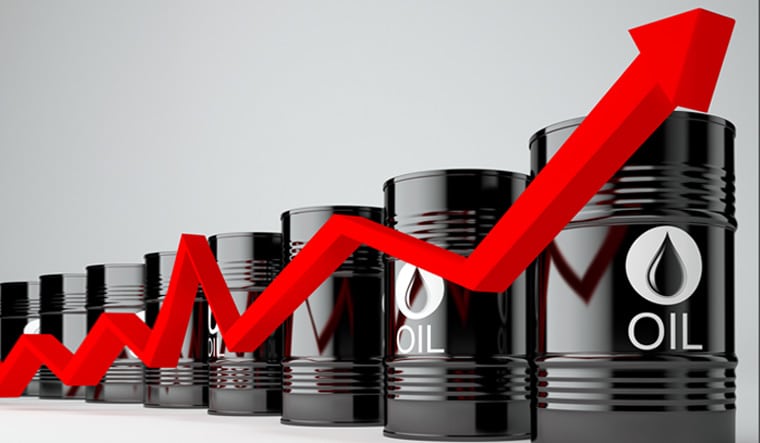KYIV, Dec 5 – The G7 price cap on Russian seaborne oil went into effect on Monday
In an effort by the West to restrict Moscow’s ability to finance its conflict in Ukraine. Russia has stated that it will not comply with the measure, even if it means reducing production.

After European Union members overcame resistance from Poland, the G7 countries and Australia agreed on Friday to a $60 per barrel price cap on Russian seaborne crude oil. The cap was set at that level, according to Ukrainian President Volodymyr Zelensky, who claimed that this demonstrated weakness on the part of the international community. On the other hand, Russian Deputy Prime Minister Alexander Novak claimed.
According to Novak, the Russian government official in charge of its oil, gas, atomic energy, and coal, we are working on mechanisms to prohibit the use of a price cap instrument, regardless of the level set, because such interference could further destabilize the market.
Despite, the need to slightly reduce production, he added, “We will only sell oil and petroleum products to those countries that will work with us under market conditions”.
The G7 agreement permits the shipment of Russian oil to third-party nations only if the cargo is purchased at or below the price cap of $60 per barrel cap, using tankers from the G7 and EU, insurance companies, and financial institutions.
Industry participants and a U.S. official stated in October that Russia can access enough tankers to ship the majority of its oil beyond the cap, highlighting the limitations of the most ambitious plan yet to curb Russia’s wartime income.
Zelensky asserts that the $60 price cap would have little effect in preventing Russia from waging war in Ukraine. You wouldn’t describe setting a limit on Russian prices that is comfortable for the budget of a terrorist state” as a serious decision.
Also Read: If Iran’s production increases, oil prices might decline
Since Russia invaded Ukraine on February 24 and provided the Ukrainian government with billions of dollars in aid, the United States and its allies have imposed extensive sanctions on the country.
However, over the weekend, French President Emmanuel Macron came under fire from Ukraine and its allies in the Baltic States for suggesting that the West should take into account Russia’s need for security guarantees if it agrees to negotiations to end the war.

According to Zelenskiy’s assistant Mykhailo Podolyak, Russia should provide security guarantees to the world rather than the other way around. Zelensky urged citizens to be patient and resilient in resisting the rigors of winter in a video address on Sunday.
We need to be more resilient and united than ever, he said, to survive this winter. Blackouts will only occur during scheduled stabilization cutoffs to get the grid working again starting on Monday, according to Vitaliy Klitschko, the mayor of Kyiv, who added that the situation is still challenging.
Blackouts were anticipated for three additional regions in Ukraine’s south and east, including Odesa, Donetsk, and Dnipropetrovsk, according to DTEK, the country’s largest energy provider.
The regional governor reported that 85% of Kherson’s customers had access to electricity, despite the city being large without power since Russian forces left the southern city last month.













